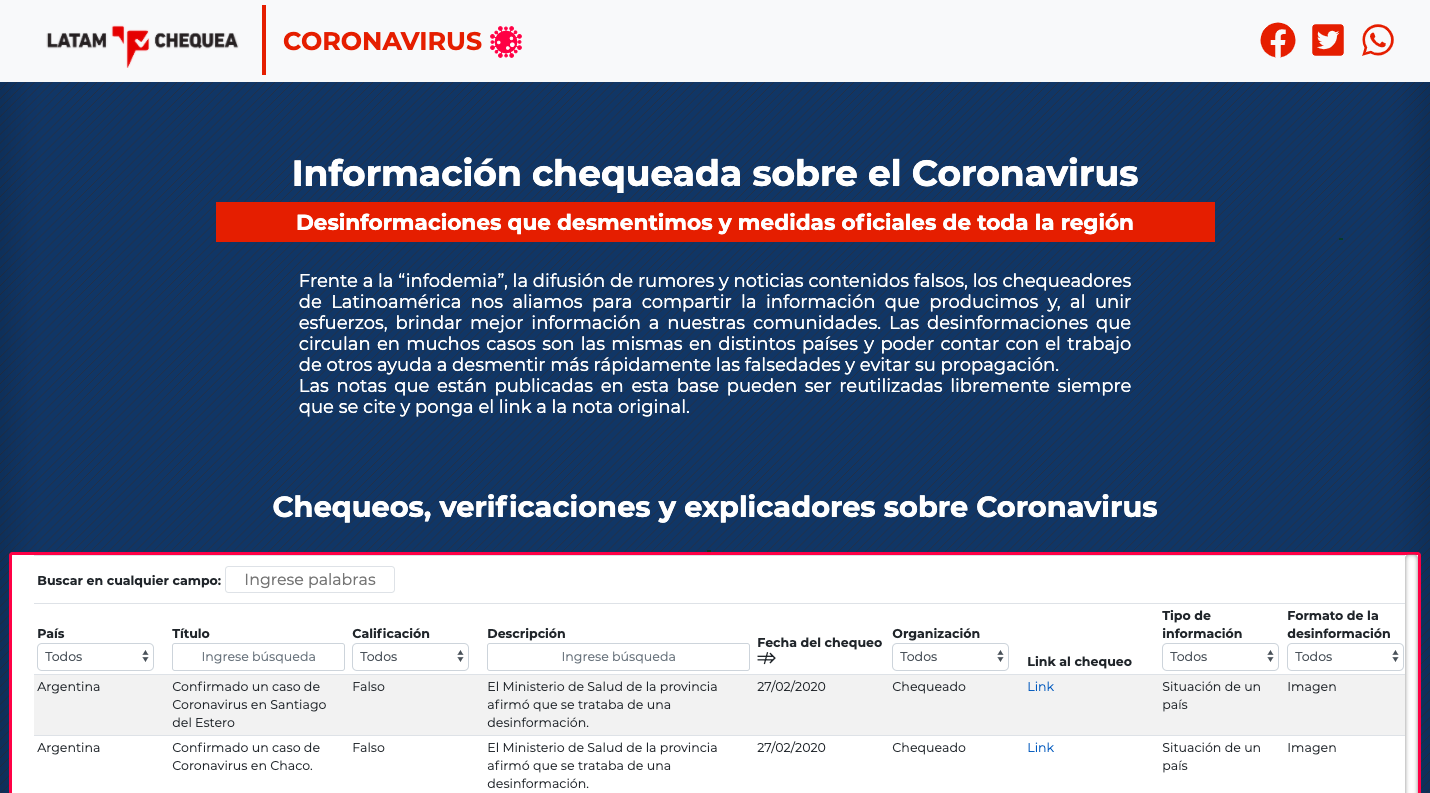
The current pandemic highlights the need for journalists to work together as the coronavirus, as well as disinformation surrounding it, crosses languages and borders.

To combat the disinformation that exists about the new coronavirus that has already spread to more than 160 countries, ICFJ has recently launched the Global Health Crisis Report Forum.
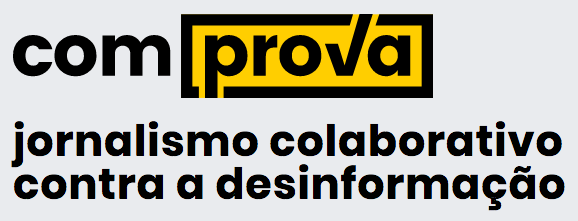
Comprova, a Brazilian collaborative project that brings together 24 media outlets in the country, started what it calls a special phase to verify information about the new coronavirus.

The worldwide crisis of the new coronavirus pandemic is spreading a rare wave of collaboration between competing media outlets in Latin America. During the week, publications from at least six Latin American countries published identical covers

A global collaboration project between fact-checking organizations is working to disprove rumors and combat disinformation about the Sars-CoV-2 coronavirus epidemic.
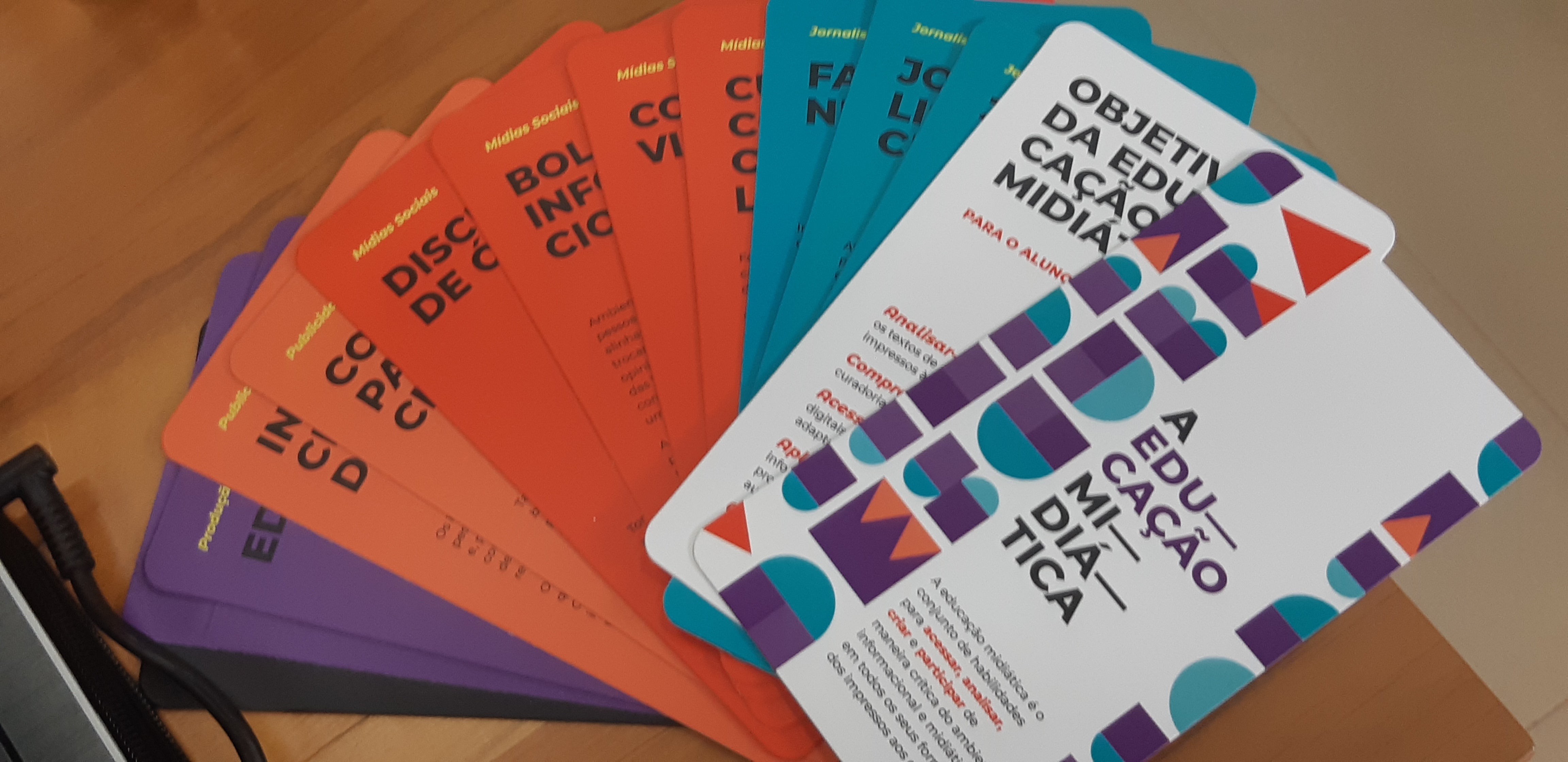
Brazilian media literacy and anti-disinformation projects decided to leave newsrooms and seek allies outside the journalistic bubble, with courses for digital influencers, teachers and students, employees of the Judiciary and companies in the most varied sectors, from banks to health plans. Many of these projects, which have emerged in recent years, start from the basis […]
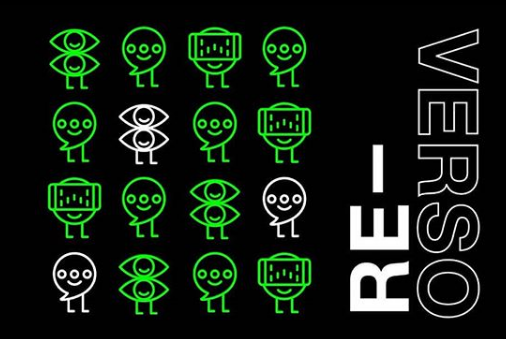
Election coverage is perhaps one of the biggest challenges in newsrooms: processing large volumes of information in a short time and with the same team that works in everyday conditions.
A total of 37.4 million Brazilians (equivalent to 17.9 percent of the population) live in the so-called news deserts, meaning, municipalities where there is not even one journalistic outlet. To these are added 27.5 million (13.2 percent of Brazilians) who live in “quasi deserts,” with up to two journalistic outlets.
There is a popular Brazilian saying: “O combinado não sai caro.” Or roughly, keeping your word doesn’t cost anything. This is a golden rule in collaborative projects between journalists, especially among different outlets or even across countries.
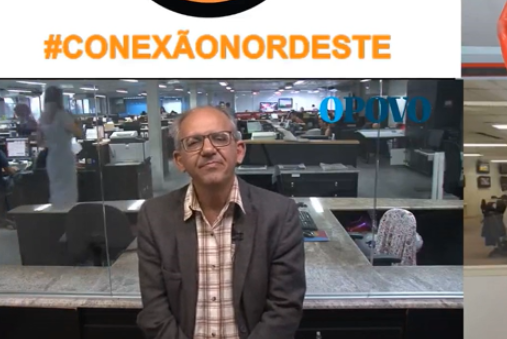
If collaboration is natural and widespread among new native digital media, the same is not so simple for newspapers that were born on paper and developed within a culture of competition and rivalry.
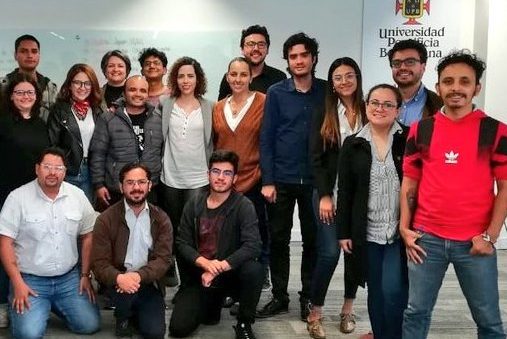
Diferentemente de outros países latino-americanos, a Colômbia não tem eleições presidenciais neste ano, mas elegerá representantes locais como governadores, prefeitos e vereadores, entre outros cargos, em 27 de outubro. Como nas eleições presidenciais, as campanhas regionais podem ser afetadas pela disseminação de informações falsas.

Five renowned journalists in Latin America just launched a new journalistic project that seeks to use collaborative investigative journalism to explain phenomena that cross borders in the region.